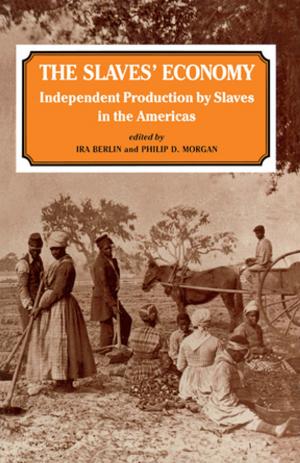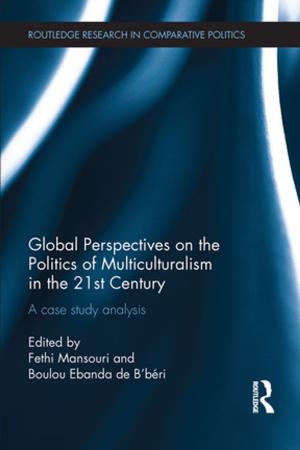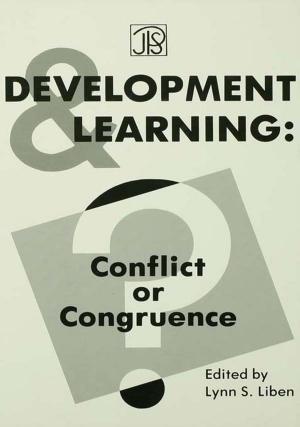Family Identity
Ties, Symbols, and Transitions
Nonfiction, Health & Well Being, Psychology, Interpersonal Relations, Social & Cultural Studies, Social Science, Sociology| Author: | Vittorio Cigoli, Eugenia Scabini | ISBN: | 9781317433880 |
| Publisher: | Taylor and Francis | Publication: | May 15, 2007 |
| Imprint: | Routledge | Language: | English |
| Author: | Vittorio Cigoli, Eugenia Scabini |
| ISBN: | 9781317433880 |
| Publisher: | Taylor and Francis |
| Publication: | May 15, 2007 |
| Imprint: | Routledge |
| Language: | English |
Gender, generations, and lineage; faith, hope, and justice; gifts, duties, and debts; affection, responsibility, and generativity; values, secrets, and objectives; transmissions and transitions: these are the primary themes of family. They refer to what the family relationship builds in terms of organizational structure, motives, and objectives. Family assumes different forms and attire according to culture and the passage of time, but there are seeds that pass constantly through the millstone of family relationships and make up its identity.
Family Identity: Ties, Symbols, and Transitions is the fruit of many years of research, and of the fertile exchanges with researchers all over the world, through personal contact as well as through their writings. The aim of this volume is to bring into focus all the many themes that help to construct family identity. It provides a conceptualization of the family that is both fresh and traditional.
This book will appeal to researchers and students in family studies, developmental psychology, social psychology, and clinical psychology.
Gender, generations, and lineage; faith, hope, and justice; gifts, duties, and debts; affection, responsibility, and generativity; values, secrets, and objectives; transmissions and transitions: these are the primary themes of family. They refer to what the family relationship builds in terms of organizational structure, motives, and objectives. Family assumes different forms and attire according to culture and the passage of time, but there are seeds that pass constantly through the millstone of family relationships and make up its identity.
Family Identity: Ties, Symbols, and Transitions is the fruit of many years of research, and of the fertile exchanges with researchers all over the world, through personal contact as well as through their writings. The aim of this volume is to bring into focus all the many themes that help to construct family identity. It provides a conceptualization of the family that is both fresh and traditional.
This book will appeal to researchers and students in family studies, developmental psychology, social psychology, and clinical psychology.















